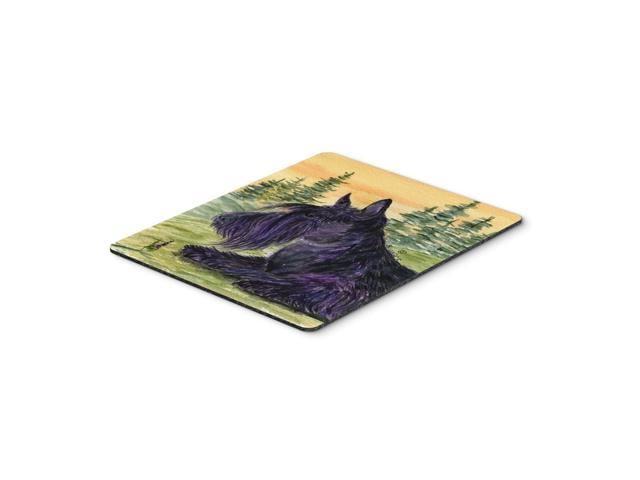This translation of Kafka has a dual purpose, for starters it intends to provide English readers with a better translation: that Kafka’s prose should find a more fitting analogy in modern (American) English whereby it should come to life to a greater degree, and that his underlying philosophy-and I say philosophy in the greater sense-thus, should be grasped more readily. The second purpose is to explore issues regarding translation per se: what is the proper role of the translator? and why are so many translations done so poorly? The seven stories and one excerpt included in this 2nd edition have been carefully selected to present Kafka’s literary genius in its historical genesis: from his breakthrough story The Judgment, to Metamophosis, Report to the Academy, In the Penal Colony, Investigations of a Dog or On Substance, The Burrow - and Kafka’s “last word” Josephine the Songstress or The Mouse Folk which was written shortly before Kafka’s death in 1924. Moreover, the new edition also contains Nocturnal Deliberations, the penultimate chapter from Kafka’s greatest novel, The Castle, namely that chapter in which the Hero, K, gets dizzingly close to his goal via a late night dialogue with Buergel, the liason between the village and the castle. This book also contains a short postscript on the art of translation that argues against the current modus operandi of translation theory, indeed, it goes so far as to quote from Kafka’s diaries–on his state of mind in composing–as well as from Schleiermacher and early Roman translators on the responsibility of the translator to capture the spirit of the work in an imaginative manner. As a final extra, An Ape’s Addendum ventures into the spirit of translating against the grain with revolutionay abandon.






![Hotline Games Replacement Mouse Sole Mouse Feet [Replacement 0.6mm / Slip Improvement] Logitech MX master / MX master 2S Mouse Sole for Gaming Mouse](https://c1.neweggimages.com/ProductImageCompressAll640/B7RAD2207140I5RVW84.jpg)







![Novonest 140mm PC Case Fan LED Ring Quiet Type 25mm Thickness 4 Pins (1 SET OF 2 Greens) [14CMG4-2]](https://c1.neweggimages.com/ProductImageCompressAll640/B7RAD22032308KTBB23.jpg)
